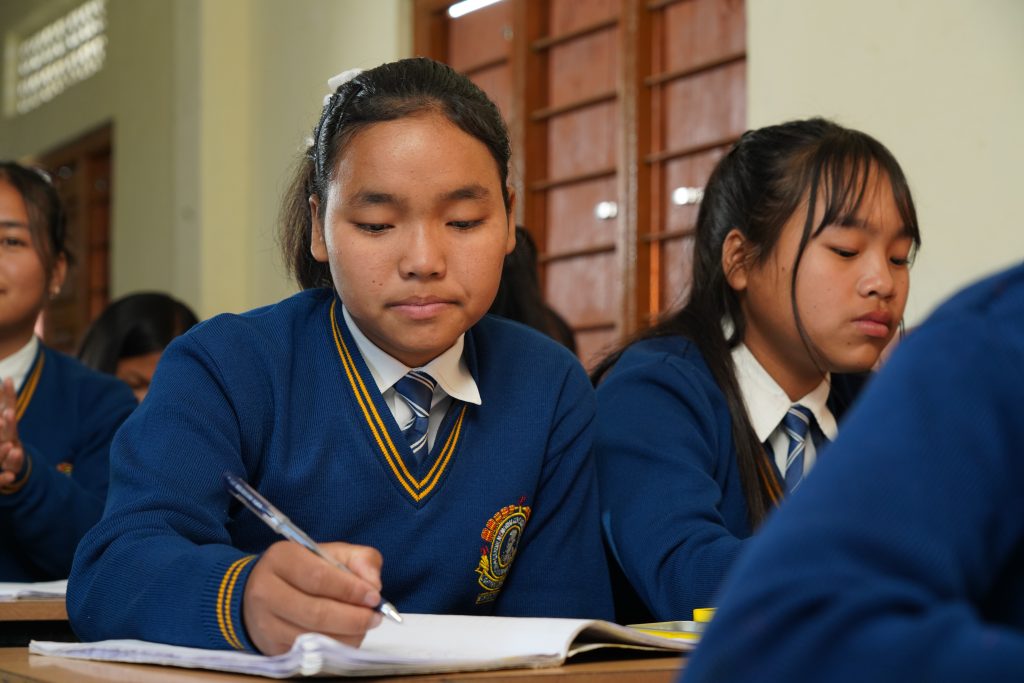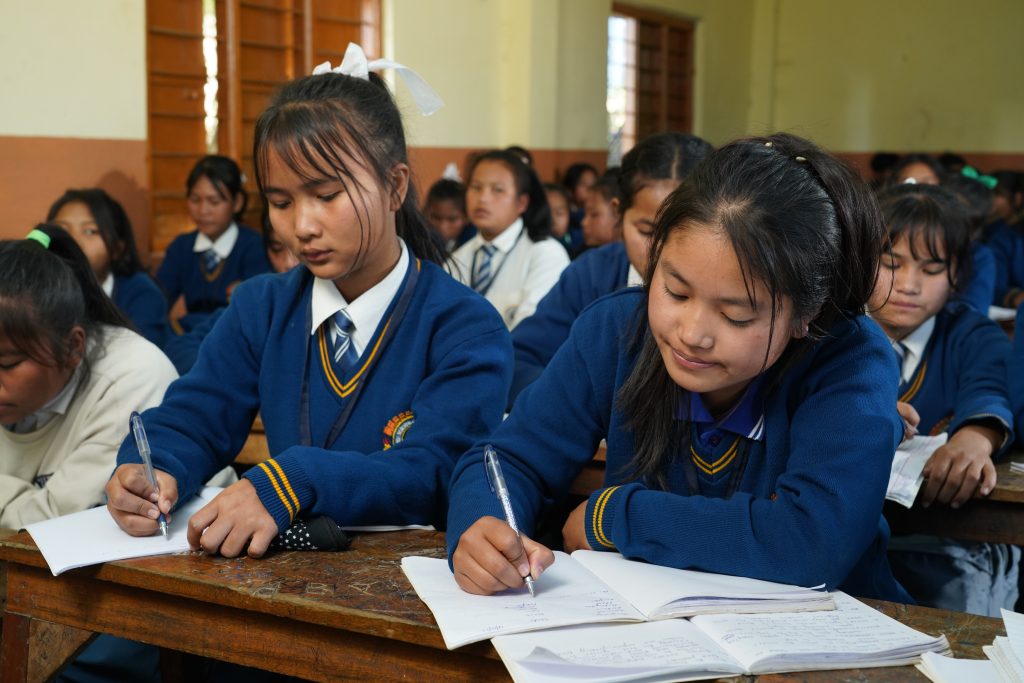“We can all do our part to unleash our world’s
enormous untapped talent – starting with filling classrooms, laboratories, and
boardrooms with women scientists.”
UN Secretary-General António Guterres
As we commemorate the International Day of Women and Girls in Science, it is essential to draw attention to the persistent challenge of gender inequality in the fields of science, technology, engineering, and mathematics (STEM). Despite some progress in recent years, women and girls are still facing hurdles that hinder them from reaching their full potential in education.

One of the main challenges is the discrimination and bias that girls face in accessing education, particularly in rural and impoverished areas. It is also seen in some parts of the country where girls often receive an education of lower quality and have limited access to resources and opportunities. The gender gap in education is also evident in the subjects that girls choose to study. In many cultures, girls are discouraged from pursuing careers in STEM fields, leading to a persistent imbalance in their representation in these areas.
Moreover, gender bias can also infiltrate the teaching and learning process, with teachers unconsciously favoring male students over female students and using gender-stereotyped teaching materials and practices. This can result in lower academic performance and self-esteem among girls and limit their future prospects.
Eliminating gender inequality in education is crucial to achieving gender equality and empowering women and girls. This requires addressing structural barriers, cultural biases, and negative societal attitudes towards girls’ education, as well as investing in quality education and opportunities for girls and women.

Investing in girls’ education benefits not only individuals and communities but also drives economic and social progress. Educated women tend to have better health, more economic opportunities, and are more likely to be active citizens who contribute to their communities.
As Amrita Thingujam, MD at STAR Education, rightly states, “Gender equality and science are both critical for achieving development goals, driving economic and social growth, and protecting human rights. On this special day, we must remember the critical role that women and girls play in science and technology. By increasing their representation in STEM fields, we can continue to promote equity in education and expand research with new perspectives.’
The UN Secretary-General António Guterres highlights the need to provide scholarships, internships, and training programs, offer support through quotas, incentives, and mentorship, and work to break down stereotypes, biases, and structural barriers. Only then can we continue to work towards a more diverse and successful scientific community by tapping into the world’s immense untapped potential.

